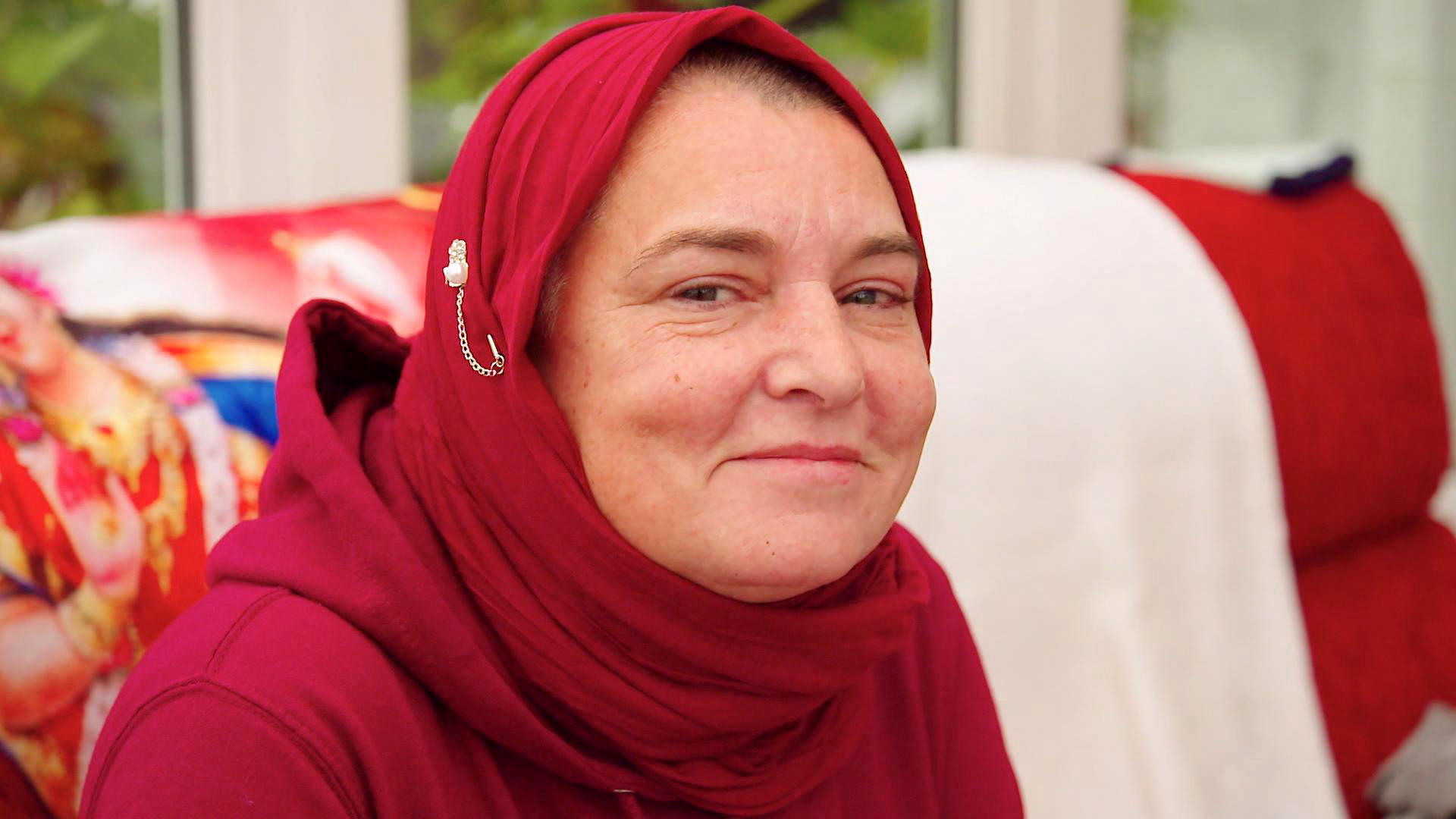The world has lost a legendary figure in the music industry with the passing of Irish singer and activist, Sinéad O'Connor. With her unforgettable voice and unwavering passion, she left an indelible mark on the hearts of many. Born in 1966, O'Connor's life was not without challenges, but she turned her experiences into powerful expressions of emotion through her music. This article pays tribute to her exceptional talent, remarkable career, and the impact she made on both the music world and society.
img credit: nbcnews.comThe Early Years and Rise to Fame:
Sinead Marie Bernadette O'Connor was born in Glenageary, County Dublin, in December 1966. Despite a difficult childhood and a troubled past, she found solace in music when a nun bought her a guitar and arranged for music lessons. This marked the beginning of her musical journey. In 1987, she released her critically acclaimed debut album, "The Lion and The Cobra," which showcased her raw talent and unique voice. However, it was her follow-up album, "I Do Not Want What I Haven't Got," that catapulted her to international stardom, thanks to the iconic song "Nothing Compares 2 U," written by Prince, which topped charts worldwide [1].
The Controversial Figure and Social Activism:
Throughout her career, Sinéad O'Connor was known for her outspokenness on social and political issues. In 1992, she made headlines when she ripped up a picture of Pope John Paul II on the US TV show Saturday Night Live, followed by a powerful protest against the Catholic Church. Her actions earned her a lifetime ban from broadcaster NBC and resulted in protests and backlash in the US [1].
Personal Struggles and Transformations:
O'Connor's life was marked by personal tragedies, including the loss of her 17-year-old son Shane in 2022. Overwhelmed by grief, she canceled all live performances for the year to cope with her immense loss. Despite her personal struggles, she remained steadfast in her commitment to her art and underwent a significant transformation by converting to Islam in 2018 [1].
A Legacy of Empathy and Protest:
Sinéad O'Connor's music was a reflection of her own life experiences and her empathetic connection with various societal issues. Her songs often addressed themes of love, loss, social justice, and human rights. "Mandinka" addressed the issue of female genital mutilation, while "Black Boys On Mopeds" confronted police brutality against black men [1].
Impact on Music and Society:
Sinéad O'Connor was not just a singer; she was a powerful protest singer whose voice demanded to be heard. Her activism extended beyond her music as she fearlessly stood up for her beliefs, even when met with controversy and criticism. She remains an enduring inspiration to artists who use their platform to drive change and raise awareness about important issues.
With the passing of Sinéad O'Connor, the world has lost an extraordinary musical talent and an unyielding advocate for social justice. Her legacy will continue to resonate through her timeless music and the impact she made on society. As we remember her exceptional voice and fearlessness, let us cherish the enduring influence of this remarkable Irish singer and activist.
Rest in peace, Sinéad O'Connor.








0 komentar:
Posting Komentar